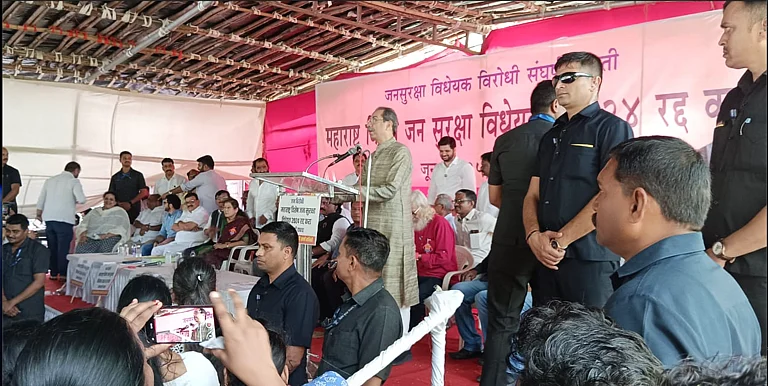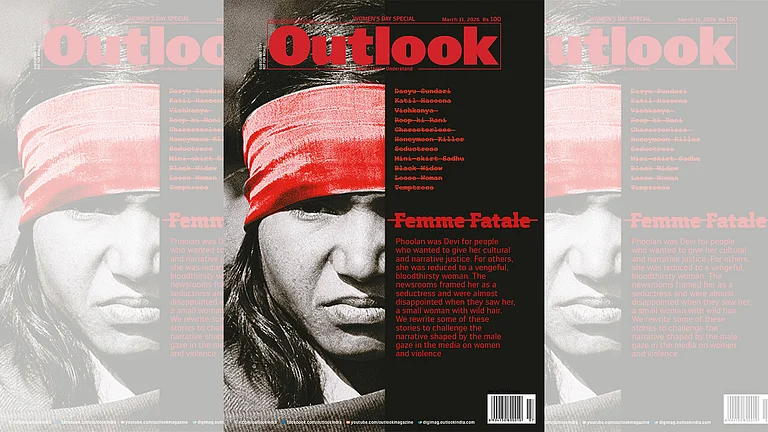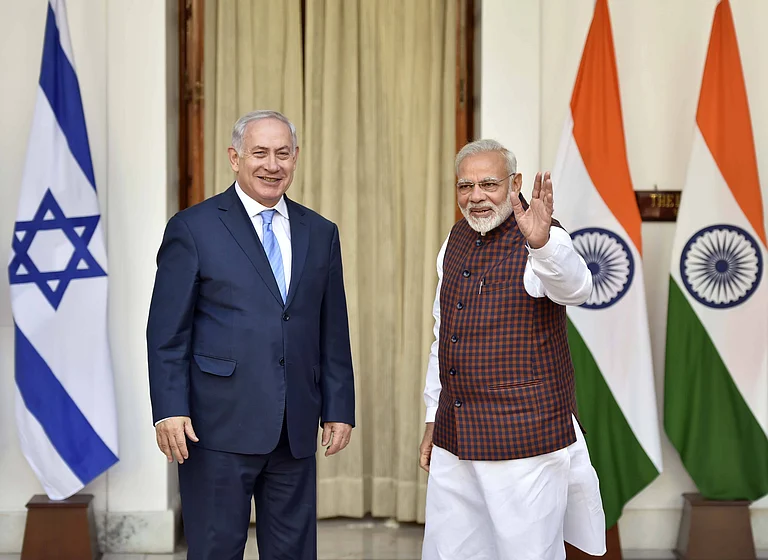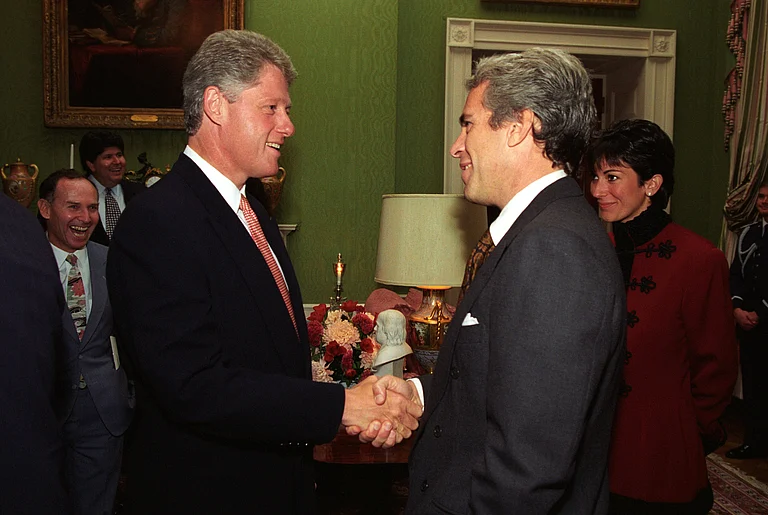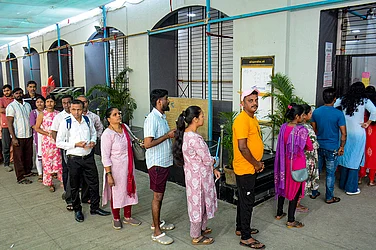The Maharashtra Legislative Assembly on Thursday passed the Maharashtra Special Public Security Bill, 2024, a legislation aimed at countering Left-wing extremism in the state. The bill empowers the state government to declare organisations as “unlawful” and prosecute individuals affiliated with them.
The law allows police to seize both movable and immovable property linked to Maoist groups and their alleged front organisations. This provision has drawn criticism from Left-leaning groups and civil rights advocates, who have described the legislation as "draconian."
Originally introduced in 2024, the bill was referred to a Joint Select Committee comprising members of both the ruling coalition and the Opposition, following widespread concerns over the scope of its provisions. On Thursday, the Assembly passed the bill by voice vote, with only one legislator, the CPI(M) MLA, registering opposition.
Introducing the bill, Deputy Chief Minister Devendra Fadnavis rejected claims that the legislation could be misused to target dissent. “No one can be arrested under this law solely for expressing opposition or criticism,” he told the House. “Only individuals affiliated with banned organisations can be prosecuted.”
Fadnavis clarified that only radical Left-wing extremist groups can be designated as "unlawful," and only after the state presents evidence to a three-member Advisory Board. This board—comprising a High Court judge, a district judge, and a public prosecutor—must approve the classification before a ban is officially notified. Affected parties can challenge the decision in the High Court within 30 days.
He also noted that similar laws already exist in states like Telangana, Andhra Pradesh, Odisha, and Jharkhand, and described Maharashtra’s version as “more progressive” due to the legal safeguards it incorporates.
Despite these assurances, critics remain concerned. Legal experts and activists argue that the bill’s language is vague and overly broad, potentially enabling authorities to suppress legitimate political activism and democratic expression.







